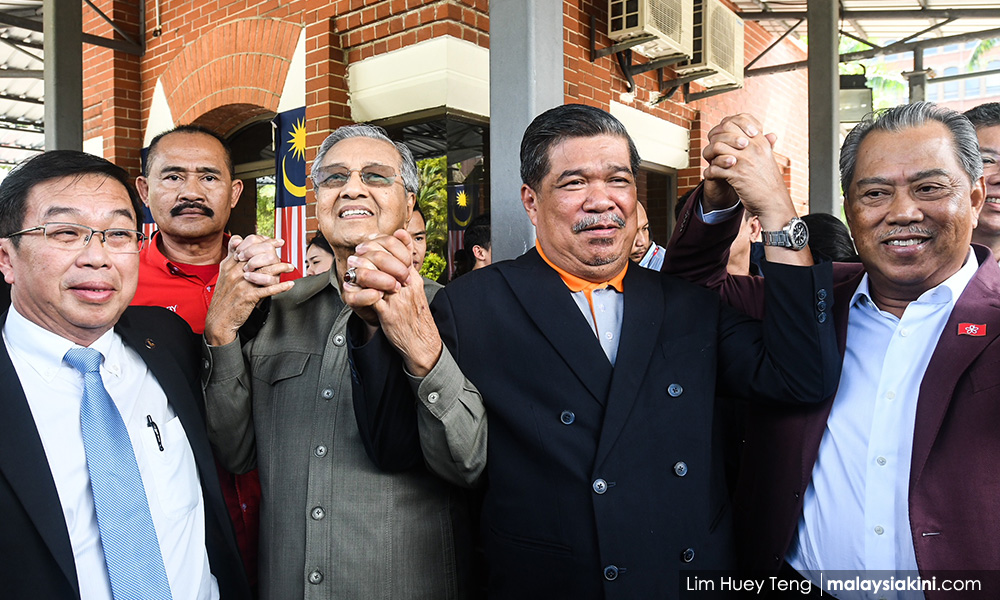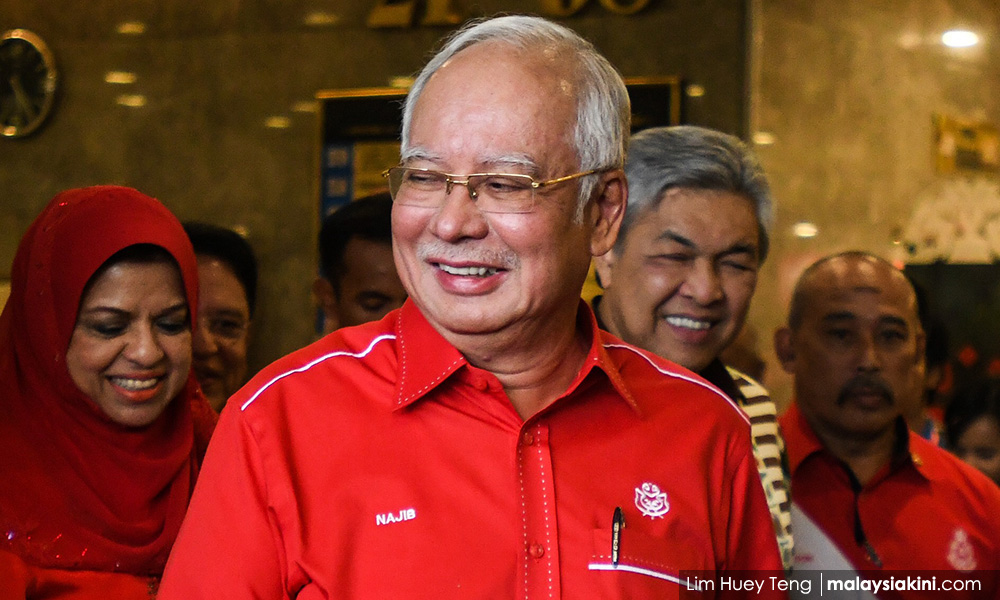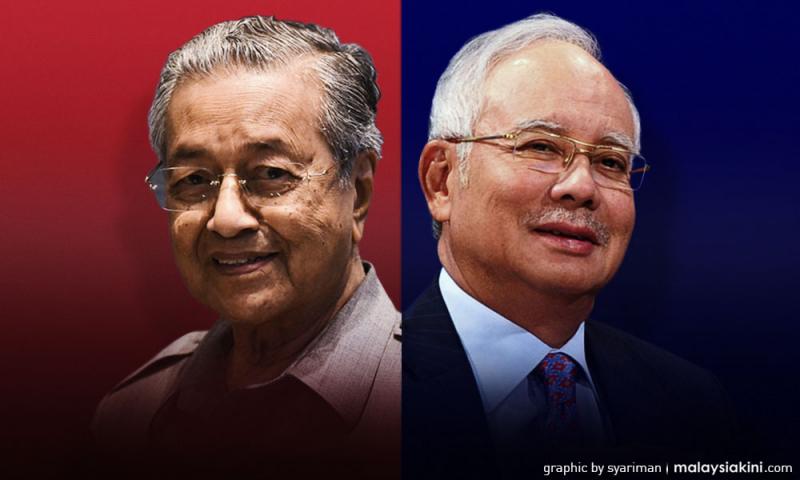Pakatan Harapan supporters have placed their faith in Dr Mahathir Mohamad, who was once described as an authoritarian and corrupt leader, to spearhead the opposition coalition's charge in the next general election.
This has generated much debate, both in Malaysia and abroad, with analysts and experts attempting to decipher the significance of this unprecedented development.
Tokyo-based journalist and author William Pesek is the latest to weigh in on the issue in an article published in Nikkei's Asian Review, titled “Malaysia pays high price for political drama”.
On Mahathir helming the opposition, which he once condemned, and his former adversaries embracing the 93-year-old politician with open arms, Pesek said the optimists argue that the end justifies the means.

“Malaysia has effectively been a one-party state for decades, empowering Umno to gerrymander voting districts, close ranks around a stable of corporate champions and perfect a massive patronage machine.
“That hold on power explains why an educated and sophisticated nation of 31 million people ended up with two contenders battling over who is less corrupt,” he wrote.
Absence of concrete ideas
Pesek also said it is “worrisome” that the election discourse has failed to generate concrete ideas on controlling inflation, boosting wages, increasing opportunities for Chinese and Indian minorities or addressing the problems of an ageing population.
The good news, according to him, is that even if Mahathir fails to dethrone Prime Minister Najib Abdul Razak, his acerbic salvos on Umno puts the ruling party's complacency and dysfunction in the spotlight.

“It is a much-needed wake-up call as Indonesia, the Philippines and Vietnam vie for the share of foreign direct investment not racing to China,” he said.
Pesek, who authored "Japanization: What the World Can Learn from Japan's Lost Decades", pointed out that the bad news is Mahathir is far from the ideal change agent to “drag closed, risk-averse Malaysia Inc. into an increasingly dynamic global economy”.
He added: “Malaysia must reduce the stifling role of government, shift toward high-value-added production, increase innovation and halt a brain drain caused by Chinese and Indian talent fleeing to Singapore and Hong Kong.
“And yet this election is more about two political titans brawling over who is less shady than finding a new way forward.”
Pesek warned that time is not on Malaysia's side and while the battle between Mahathir and Najib is entertaining, it will not end a 20-year political drama and will exact a high cost on the economic future.
“Reversing course requires fresh thinking and an abrupt change in policy priorities - both in short supply this election season,” he added.





